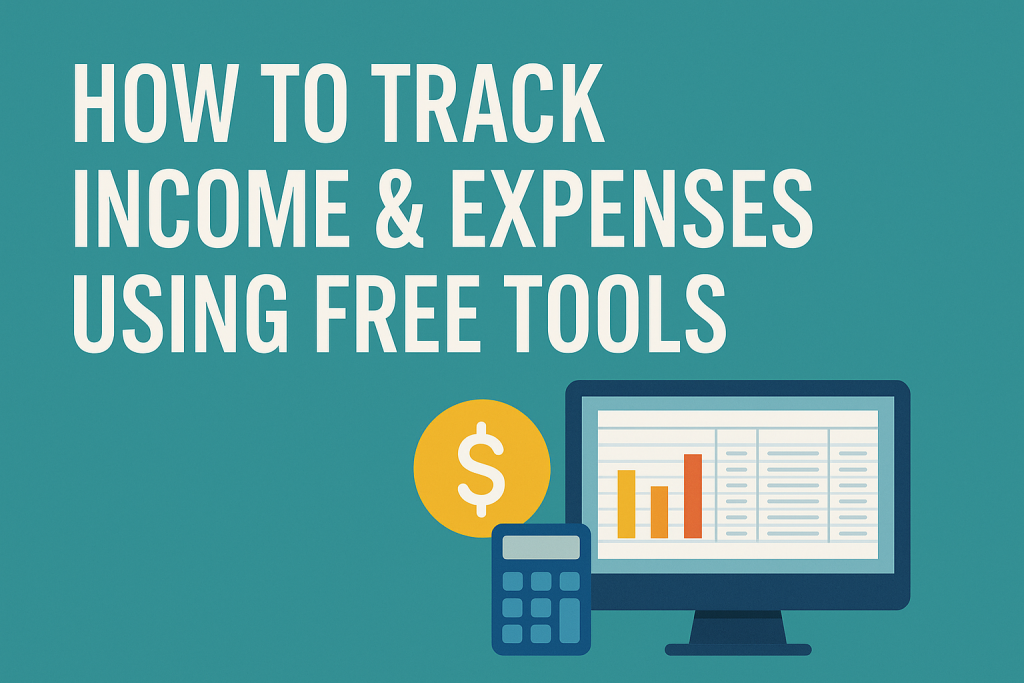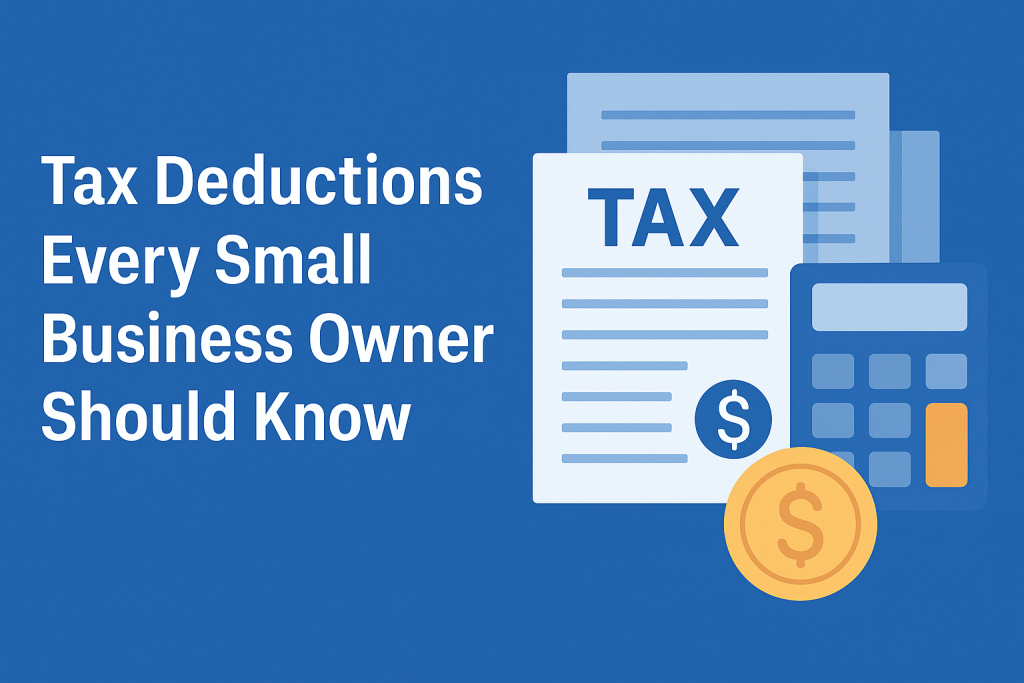Cash is the lifeblood of any business. No matter how great your product or service is, if you don’t have enough cash flowing in to cover your expenses, you’re at risk of failing.
So, what is cash flow? Why does it matter? In simple terms, cash flow is the movement of money into and out of your business. It tells you whether your company has enough money to operate—and grow.
In this article, we’ll explore what cash flow really means, why it’s critical to your business’s survival, and how to manage it effectively.
What Is Cash Flow?
Cash flow refers to the net amount of cash being transferred into and out of your business during a specific time period.
In other words, it shows you how much money is coming in (from sales, loans, investments) versus how much is going out (for rent, salaries, supplies, etc.).
Two Main Types of Cash Flow
- Positive Cash Flow: You’re earning more than you’re spending
- Negative Cash Flow: You’re spending more than you’re earning
Positive cash flow doesn’t always mean you’re profitable—but it does mean your business can pay its bills.
Why Cash Flow Matters
Many profitable businesses still fail because they run out of cash. Having a strong cash flow ensures that your business stays solvent and agile—able to cover day-to-day operations, handle emergencies, and invest in growth.
Key Reasons to Monitor Cash Flow
- Pay employees, vendors, and rent on time
- Avoid debt and overdraft fees
- Make informed purchasing and hiring decisions
- Build reserves for emergencies or investments
Cash flow is one of the most important indicators of financial health.
Cash Flow vs. Profit: What’s the Difference?
Many business owners confuse cash flow with profit, but they’re not the same.
Key Differences
- Profit is what’s left after all expenses are subtracted from revenue
- Cash flow is the actual money moving in and out of your bank account
For example, you may make a $10,000 sale—but if the customer doesn’t pay for 60 days, your cash flow suffers even though the sale adds to your profit.
Profit is theoretical. Cash flow is real-time.
How to Track Your Cash Flow
The best way to stay on top of your finances is by creating a cash flow statement—a document that tracks all your income and expenses over a given period.
Simple Steps to Get Started
- Record all cash inflows (sales, loans, investments)
- List all cash outflows (expenses, inventory, salaries)
- Subtract outflows from inflows to calculate net cash flow
- Analyze monthly trends to spot gaps or risks
You can use accounting tools like QuickBooks, Wave, or even Google Sheets to manage this.
Tips to Improve Your Cash Flow
Improving your cash flow doesn’t always require drastic changes—it often comes down to being proactive and organized.
Smart Strategies
- Send invoices promptly and follow up on late payments
- Offer discounts for early payments
- Delay non-essential purchases
- Negotiate better payment terms with suppliers
- Use cash flow forecasting tools
Even small adjustments can make a big difference in cash stability.
Common Cash Flow Mistakes to Avoid
Not monitoring cash flow consistently or misunderstanding it can lead to dangerous missteps.
Watch Out For
- Confusing profit with cash flow
- Ignoring seasonal income dips
- Overestimating income or underestimating expenses
- Expanding too quickly without enough reserves
Running out of cash—even temporarily—can stop your business in its tracks.
Final Thoughts
Understanding what cash flow is and why it matters can make or break your business. It’s not just about making money—it’s about managing it wisely.
By tracking cash inflows and outflows regularly, creating forecasts, and making informed decisions, you’ll put your business in a stronger position to grow and thrive.
Start today—review your cash flow monthly, and treat it as the foundation of your financial strategy.
Need Help Managing Cash Flow?
- 📥 Download our Free Cash Flow Statement Template
- 📈 Learn 5 More Ways to Improve Your Monthly Cash Flow
- 💬 Comment below: What’s your biggest cash flow challenge right now?


